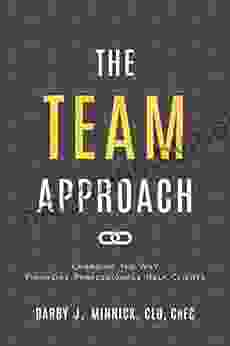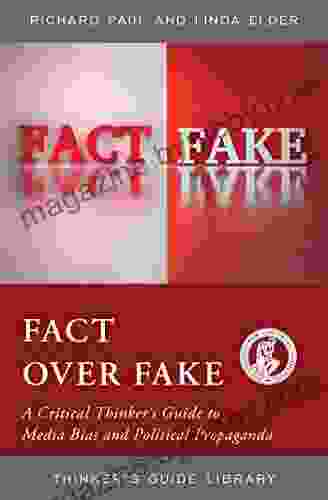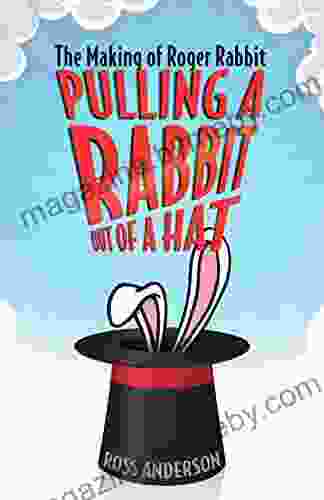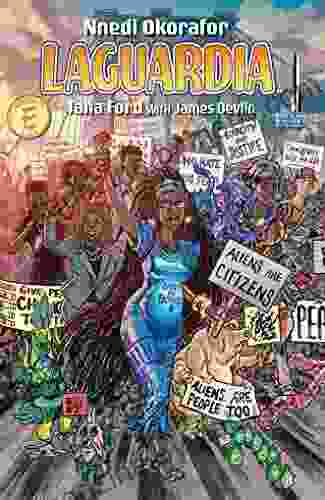Decoding the Perils of Human Error: A Journey into "Human Error: Design Flaws and Bad Decisions"

In the intricate tapestry of human existence, errors inevitably weave their way, shaping our experiences and outcomes. "Human Error: Design Flaws and Bad Decisions" embarks on an illuminating journey, delving into the complexities of human error and its profound impact on our lives. This comprehensive work offers a rigorous analysis of the cognitive biases, systemic failures, and psychological vulnerabilities that contribute to human error, offering invaluable insights and practical strategies for mitigating its pervasive influence.
The book opens with a thorough examination of the nature of human error, exploring the psychological and cognitive mechanisms that underlie its occurrence. It sheds light on the limitations of human information processing, memory, and decision-making, highlighting the unavoidable errors that arise from our imperfect mental machinery. By understanding the inherent fallibility of human nature, we can develop a more compassionate and proactive approach to error prevention.
Cognitive biases, those mental shortcuts that often lead us astray, are the focus of Chapter 2. The book meticulously explores the various types of cognitive biases, such as confirmation bias, the tendency to seek information that confirms our existing beliefs, and the availability heuristic, the tendency to rely on information that is easily accessible. By recognizing these biases and their potential impact, we can make conscious efforts to mitigate their influence on our decision-making.
4.5 out of 5
| Language | : | English |
| File size | : | 35933 KB |
| Print length | : | 32 pages |
| Screen Reader | : | Supported |
Human error extends beyond individual misjudgments to encompass systemic failures within organizations and institutions. Chapter 3 delves into the organizational factors that contribute to human error, including communication breakdowns, poor communication, and inadequate training. It highlights the importance of creating systems that minimize the likelihood of errors and support human performance, fostering a culture of safety and error reporting.
Uncovering the psychological underpinnings of bad decisions, Chapter 4 explores the role of emotions, social influence, and subconscious biases in our decision-making processes. It examines the cognitive and emotional biases that can lead us to make irrational or impulsive choices, and suggests strategies for overcoming these biases and making more informed decisions.
The final chapter of "Human Error: Design Flaws and Bad Decisions" shifts its focus to practical strategies for mitigating human error. It offers evidence-based interventions and recommendations for improving individual and organizational decision-making. The book emphasizes the importance of fostering a culture of error awareness, promoting diversity of thought, and implementing robust systems and processes that reduce the likelihood of errors.
- Image 1: A depiction of the human brain, highlighting the cognitive and emotional processes that contribute to human error.
- Image 2: A workplace setting, illustrating the organizational factors that can lead to systemic failures and human error.
- Image 3: A flowchart outlining the psychological mechanisms that underlie bad decisions, including emotions, social influence, and subconscious biases.
- Image 4: A group of diverse individuals working collaboratively, emphasizing the importance of diversity of thought in mitigating human error.
- Image 5: A series of diagrams demonstrating evidence-based interventions and strategies for improving individual and organizational decision-making.
"Human Error: Design Flaws and Bad Decisions" is an indispensable resource for anyone seeking a deeper understanding of the complexities of human error. Its comprehensive analysis of cognitive biases, systemic failures, and the psychology of bad decisions provides a solid foundation for developing effective strategies to mitigate human error and improve decision-making. By embracing the insights and recommendations presented in this book, we can create a world where human error is reduced and human potential is maximized.
4.5 out of 5
| Language | : | English |
| File size | : | 35933 KB |
| Print length | : | 32 pages |
| Screen Reader | : | Supported |
Do you want to contribute by writing guest posts on this blog?
Please contact us and send us a resume of previous articles that you have written.
 Book
Book Novel
Novel Page
Page Chapter
Chapter Text
Text Story
Story Genre
Genre Reader
Reader Library
Library Paperback
Paperback E-book
E-book Magazine
Magazine Newspaper
Newspaper Paragraph
Paragraph Sentence
Sentence Bookmark
Bookmark Shelf
Shelf Glossary
Glossary Bibliography
Bibliography Foreword
Foreword Preface
Preface Synopsis
Synopsis Annotation
Annotation Footnote
Footnote Manuscript
Manuscript Scroll
Scroll Codex
Codex Tome
Tome Bestseller
Bestseller Classics
Classics Library card
Library card Narrative
Narrative Biography
Biography Autobiography
Autobiography Memoir
Memoir Reference
Reference Encyclopedia
Encyclopedia John W Morehead
John W Morehead John Stauffer
John Stauffer Ryan Spaeder
Ryan Spaeder John Seed
John Seed Rich Fettke
Rich Fettke John Seymour
John Seymour John R Kemp
John R Kemp Megan Lane
Megan Lane Laurel Brushett
Laurel Brushett Patrick Torsell
Patrick Torsell Lucy Rees
Lucy Rees Sean Michael Wilson
Sean Michael Wilson Quentin Vennie
Quentin Vennie Milton Friedman
Milton Friedman Jourdan Binger
Jourdan Binger Julie Brown
Julie Brown Juilene Osborne Mcknight
Juilene Osborne Mcknight Peter Ross
Peter Ross Lawrence Osborne
Lawrence Osborne Jonathan L Friedmann
Jonathan L Friedmann
Light bulbAdvertise smarter! Our strategic ad space ensures maximum exposure. Reserve your spot today!

 Jerry WardTwilight of Empire on the Northern Frontier: Witness the Captivating Saga of...
Jerry WardTwilight of Empire on the Northern Frontier: Witness the Captivating Saga of...
 Darnell MitchellThe Cruise Control Diet: The Revolutionary Program for Losing Weight and...
Darnell MitchellThe Cruise Control Diet: The Revolutionary Program for Losing Weight and...
 Richard SimmonsEmpowering Financial Professionals: Transformative Insights in "Changing The...
Richard SimmonsEmpowering Financial Professionals: Transformative Insights in "Changing The... Michael ChabonFollow ·11.4k
Michael ChabonFollow ·11.4k Glenn HayesFollow ·6.8k
Glenn HayesFollow ·6.8k Leo MitchellFollow ·11.4k
Leo MitchellFollow ·11.4k Jimmy ButlerFollow ·11k
Jimmy ButlerFollow ·11k Floyd RichardsonFollow ·17.7k
Floyd RichardsonFollow ·17.7k Denzel HayesFollow ·14.1k
Denzel HayesFollow ·14.1k Eugene PowellFollow ·7.2k
Eugene PowellFollow ·7.2k John KeatsFollow ·7.8k
John KeatsFollow ·7.8k

 Efrain Powell
Efrain PowellCritical Thinker's Guide to Media Bias and Political...
In a world awash with information, it has...

 Aubrey Blair
Aubrey BlairMurder Is Bad Manners: An Unforgettable English Mystery
Prepare yourself for a captivating literary...

 Luke Blair
Luke BlairDon't Settle For Safe: Embrace Adventure and Live a Life...
<p>In this inspiring and...

 W.H. Auden
W.H. AudenRoblox Codes Dragon Adventures King Legacy All Combat...
Roblox is a massively popular online game...
4.5 out of 5
| Language | : | English |
| File size | : | 35933 KB |
| Print length | : | 32 pages |
| Screen Reader | : | Supported |










